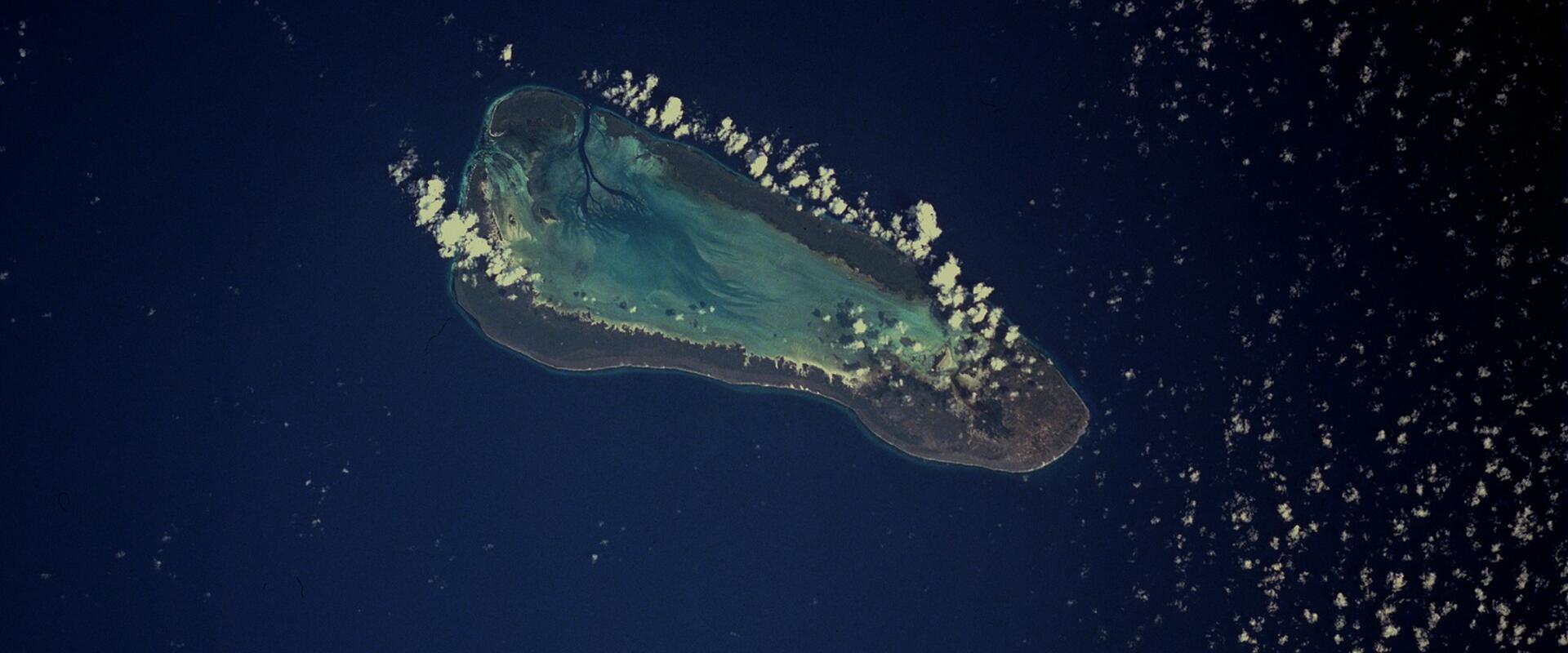Great Power Competition in the Western Indian Ocean Region and what the U.S. needs to do to preserve its position of relative dominance
Date
Wednesday March 9, 202212:00 pm - 1:00 pm
Location
Online Webinar over ZoomGreat Power Competition in the Western Indian Ocean Region,
and what the U.S. needs to do to preserve its position of relative dominance
LTC(P) Chad M. Pillai
U.S. Army Visiting Defence Fellow
The United States faces compound security dilemmas globally, causing a scenario where the U.S. may have more rivals that it can manage, as Hal Brands recently wrote. As the U.S. prioritizes its national security and defense strategies, it seeks to implement its delayed “Asia Pivot” to compete against China. However, while the U.S. is pivoting towards the Pacific, China moves westward into the Western Indian Ocean region to secure the vital sea lines of communications (SLOCs) to its critical energy, mineral, and agriculture resources. The potential military dominance of the Chinese in the Western Indian Ocean could result in China coercing U.S. allies in Europe and Far East Asia by disrupting the free flow of commerce (energy and trade goods). Such a scenario threatens the U.S. position as the defender of the global commons in an area vital to the global economy. The lecture will offer ideas on how the U.S. can retain its dominant position while accounting for the increased number of threats to its interests.

Lieutenant Colonel Chad M. Pillai is an Army Strategist serving as the U.S. Visiting Defence Fellow (VDF) at CIDP. Previously, he served as the Deputy Director, Commander’s Action Group (CAG), and as a Joint Strategic Planner in the Strategy, Plans, and Policy Directorate (J5) at U.S. Central Command (CENTCOM) from 2018-2021. From 2014-2018, he served as the Deputy Director for Strategy, Plans, and Policy (J5) and Command Strategist for U.S. Special Operations Command – Central (SOCCENT), a Joint Sub-Unified Special Operations Command to CENTCOM and U.S. Special Operations Command (SOCOM). (more on LTC(P) Chad M. Pillai)
